Walnut Creek, Calif. (July 6, 2018) – Everyday Native is the first collaborative teacher’s resource created by non-Natives and Native Americans to focus on the daily lives of Native youth. It sparks discussion and understanding among 4th through 12th grade students about the experiences of navigating the two worlds of Native and non-Native life, including racism that contributes to higher than national average rates of suicide among Native youth ages 15-24 years old.
Through such topics as biculturalism, family, reclaiming culture, and bullying, Everyday Native aims to fuel a movement of new, more accurate perceptions about and respect between non-Native and Native peoples.
Everyday Native is garnering early praise from teachers in Montana, South Dakota, Idaho, and California for exquisite photography, breathtaking poems, and content that offers extended learning opportunities. These educators welcome its positive message and how it dispels stereotypes of Native peoples.
The content – which enriches Language Arts, Native American History, U.S. History, Social Studies, Current Events, Art and more — is reviewed by Lakota and Salish educators to ensure accuracy and cultural sensitivity.
Creating Social Consciousness: Bridging the Gap between Native and non-Native Youth
“Leo wears his hair in the three-braid style that is traditional for Blackfeet boys. His hair and light skin have created problems for him.” So begins the Everyday Native chapter, “Walking in Two Worlds,” with the story of Leo Kipp who now lives on the Blackfeet Reservation in western Montana. Students learn about Leo’s life helping on his grandparents’ ranch, learning his indigenous language at an immersion school, and dealing with the painful circumstances of racial bullying, whether it’s being teased for his braids or being targeted for his light skin. Each chapter of Everyday Native includes discussion and writing sections that follow Native youths’ stories, tribal histories, and culture. Sections ask students to think about highlighted youths’ experiences and also relate them to their own. Project ideas take learning beyond classrooms and into communities.
Everyday Native was created by founder-photographer Sue Reynolds with educator Cass Fey, former education director for The Center for Creative Photography at the University of Arizona, Tucson. Both are non-Native. Beautiful, eye-opening poems by Salish Indian poet Victor Charlo appear throughout the resource, providing insights into this renowned storyteller’s everyday life on and off the reservation. Reynolds stays in touch with many Native families seen in the resource so that updates help keep website content accurate and relevant.
Everyday Native launched in late July. Teachers, students, parents, and the public can go to www.everdaynative.com to register for a free account.
Social Documentary Network Exhibit: Introducing New Photos and Narratives
To see expanded photos and stories about Native youth and their communities featured in Everyday Native, a photo exhibit curated by founder Sue Reynolds is on view now at Social Documentary Network. Featured are never-seen-before photos and new stories about Native youth on the Nez Perce, Flathead, Blackfeet and Standing Rock Reservations.
Cross-Cultural Collaboration: A Long Friendship
Everyday Native was born out of the long friendship between an urban white photographer, Sue Reynolds and a Salish Indian poet and venerated member of the Salish Kootenai Tribes, Victor Charlo. Reynolds’ and Charlo’s first collaboration included a photo-poetry book, Still Here: Not Living in Tipis (2013), which saw success and also recognition from then U.S. Congressman George Miller and California State Senator Mark DeSaulnier. Both Reynolds’ and Charlo’s works help heal racism and have appeared in national and international outlets.
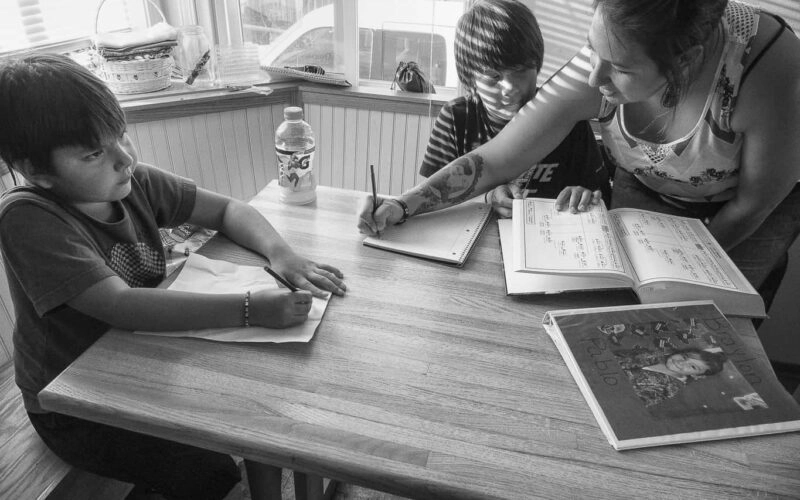
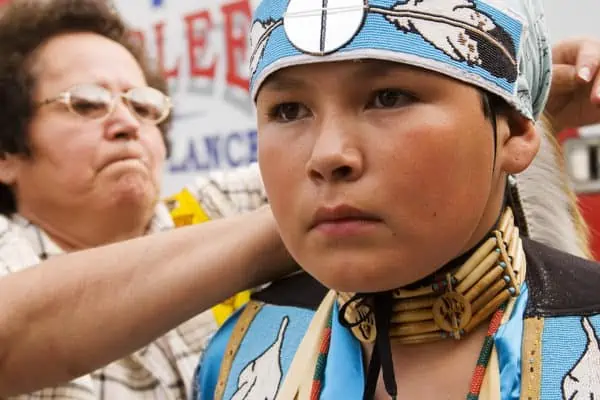
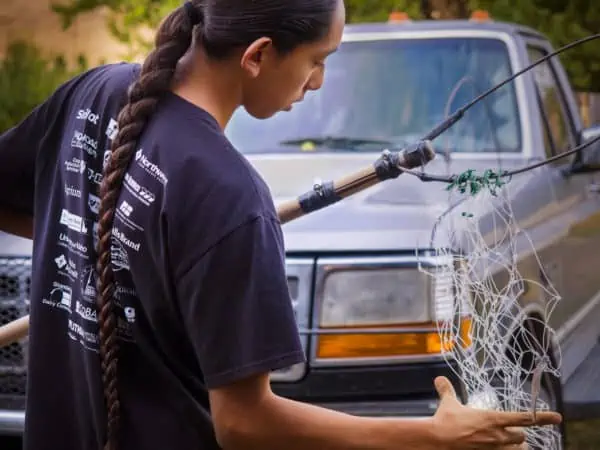
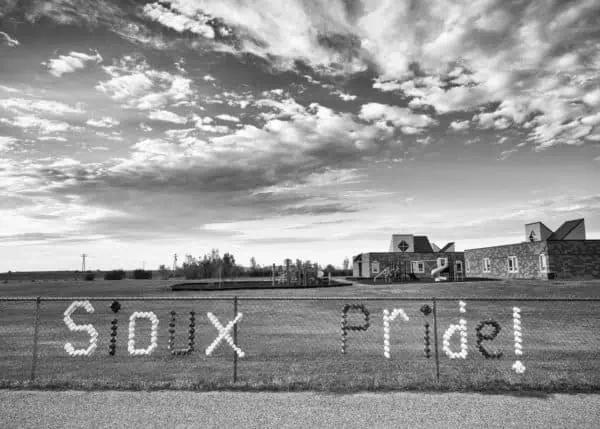
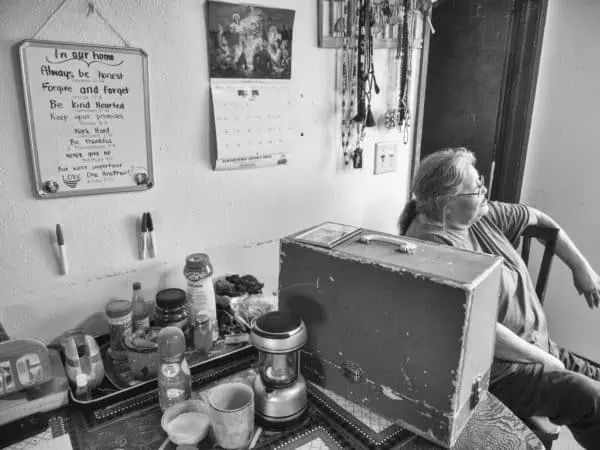
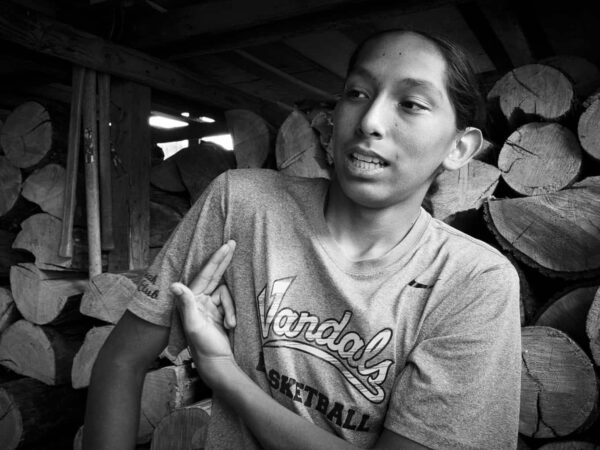
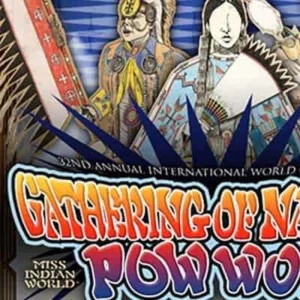
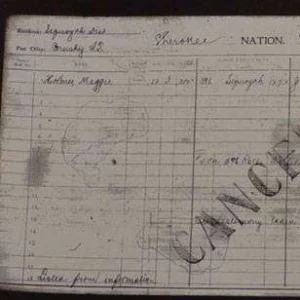
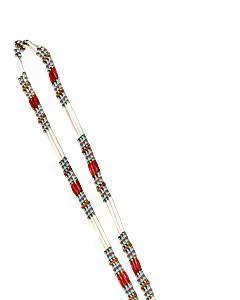
carol washington
says:This curriculum is a God-send. Thank to the folks who cooperated on the joint venture.
Gladys Fogarty
says:Hi my name is gladys and wounded why it’s so hard for me to get in touch with some one from the black feet tribe. I have been trying for 6 years to get some information on my great grandfather and great grandma as all of the my family but one has now passed away and my one aunt is not willing to give me my grandparents papers or even let me see them as my mom was getting sicker I told her I will keep trying so I am asking for some help please thank you for your time